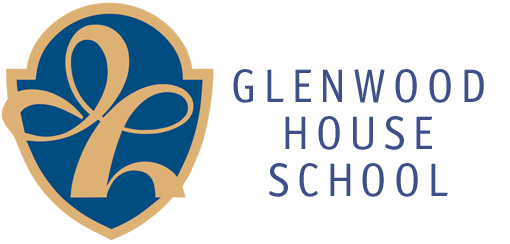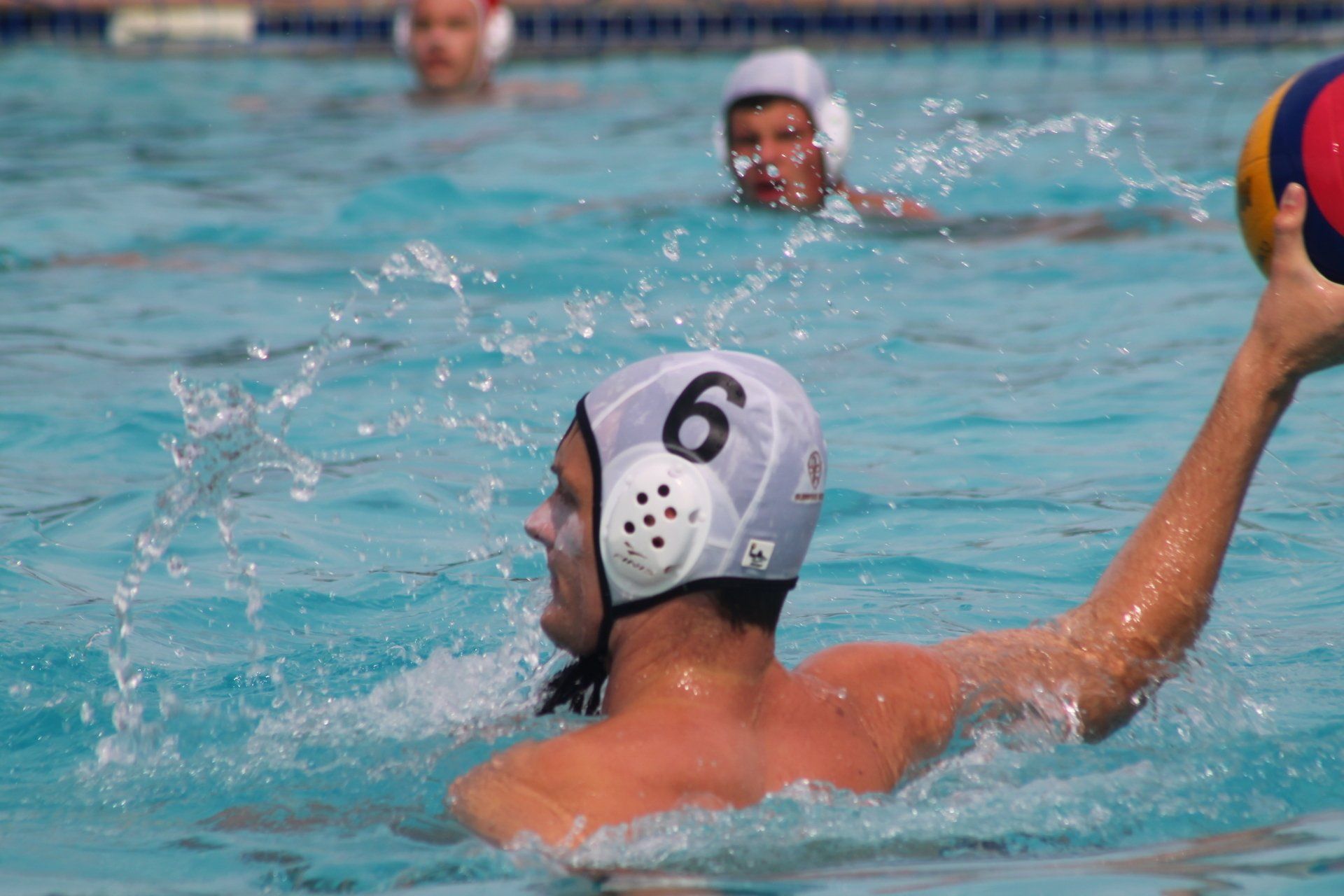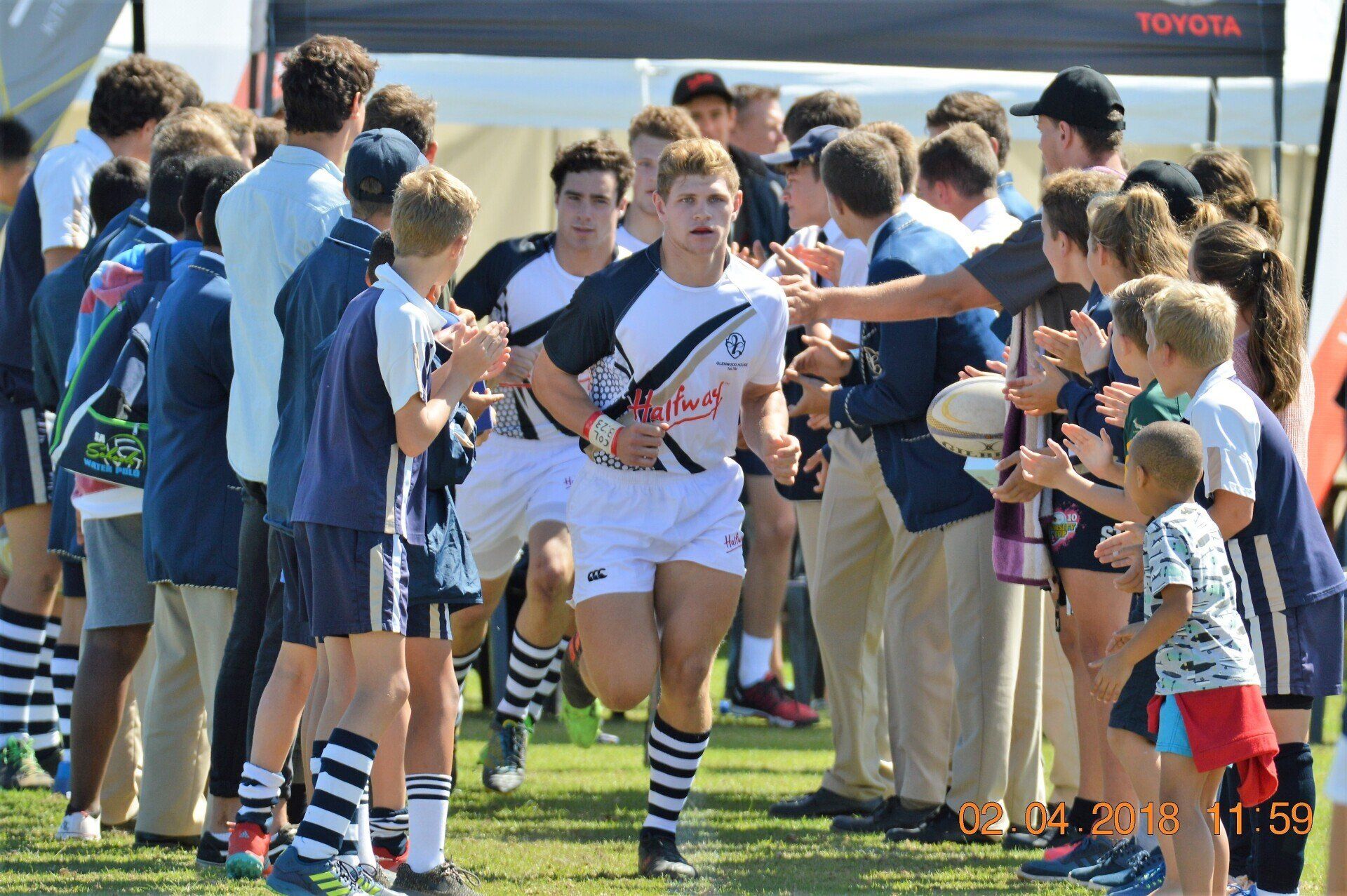COLLEGE
In the College we combine the strengths of traditional and proven teaching methods with the positive aspects of the National Curriculum (CAPS).
PROGRAMS
- Teaching Staff
Teachers are specialists in their fields, even on the level of general education and training in the junior grades. As a result junior students are better prepared for their senior years.
- Academic support
At Glenwood House, teachers are always available for additional support outside the normal academic timetable. Mathematics support classes are conducted every day of the week. Support classes in other subjects are available according to a predetermined timetable, but students are welcome to approach teachers and request assistance and make arrangements for support lessons. In the languages, we use the “Readers are Leaders” language programme to develop reading and comprehension in the classes. These classes are offered in the afternoons after school. Study skills courses are also offered annually to our students.
Students who qualify for accommodations (extra time, readers, scribes, etc.) are supported in their studies and teachers are well informed about cases where students encounter learning problems of any sort. Glenwood house has had many successful cases of students who passed their IEB examinations in the face of tremendous odds.
- Size of Classes
Our classes are limited to 26 students. In the senior grades, with the break-up into electives, class numbers are even lower and very manageable. Smaller classes ensure more personal contact and more effective contact time with students.
- Discipline
Learners are not allowed to impede the learning experience of other learners. Discipline is firm and constructive. We believe that education cannot take place in an undisciplined environment. Cases where students are repeatedly disrespectful or disruptive are handled immediately by school management.
- Homework and Tasks
We expect a great deal from students and they will receive ample homework at school. We believe in cultivating a strong work ethic to prepare them for their senior years and their final examinations. We believe in allowing students time in our classes to start homework (where possible), but they will always have homework to complete at home.
We concentrate on shorter more meaningful tasks and avoid long sweeping projects that are unnecessary or not required. Tasks require effective research skills and plagiarism is firmly dealt with. Tasks must be submitted on, or before deadlines and zero marks are issued where deadlines are not met.
- Technology in the Classrooms
We have state-of-the-art laboratories with all the necessary equipment for the teaching of Natural Science, Life Sciences, and Physical Sciences. In addition, we have excellent Computer laboratories with up-to-date software and hardware. Provision has been made for interactive whiteboards in classrooms. There are also two SMARTBOARDS available in the auditorium and Media Centre currently being used for lessons as well.
- Reporting
Students receive formal reports after each of the three Academic Cycles. Insightful comments and recommendations from teachers are included in the Cycle 1 and 2 reports. Examinations are written in June and November.
- Communication with Parents
We believe in an open door communication policy with parents. If there are any concerns, parents are encouraged to contact the teachers, the head of the department or the head of the College. In addition, the school uses a variety of communication tools.
We encourage teachers to communicate with parents telephonically and by e-mail regarding problems experienced with students and work not submitted.
The second Tuesday of every term is Parents’ Evening. Parents pre-book sessions with their child’s teachers and obtain first-hand information about their progress.
The College also uses Panel Discussions in cases where the progress of a student is a concern in more than two classes. Parents as well as all the teachers are present at the meeting. The Panel Discussion provides an overall view of progress and highlights problems quickly and efficiently.
Calendar and other events (sport, culture and academic) are promoted on the Communicator, the Term Diary that is handed out at the start of every term and the Weekly Planner (printed and handed to learners every week)
- Submission of Work
We believe in cultivating habits that will add value to the lives of our learners and their futures. Our students are expected to adhere to deadlines and non-submission of work will result in a zero mark. Although this seems harsh, it is a necessary skill to learn early in life. Deadlines are important and should be met by careful planning and time management.
- Top 10 Assemblies
At the beginning of the second and third terms the College holds a Top 10 Assembly to announce the top 10 academic achievers of the previous term. They are presented with their Top 10 badges which can be pinned to their blazers. At the end of every term these badges are handed back and students need to maintain their effort and work ethic in obtaining it in the following term.
The Top 10 achievers of every term receive points for their Houses (Montagu, Courtenay and Wellington). As with all other Inter House clashes, these points are added to the total points and the victorious House is crowned at the end of every year.
- Academic Success
Glenwood House has an outstanding academic record. Our sights, however, are set beyond the realm of secondary schooling. Our aim is to equip our students to become productive participants in society. We follow the progress of our alumni at universities nationally and internationally because we are interested in their progress in their new environments. Our ultimate goal is to develop the skills necessary for an individual to be competitive outside the boundaries of the school, to be able to think critically and act methodically to achieve success; to embrace challenges and enjoy solving problems. Feedback from our Alumni indicates that we prepare them well and that they are equipped to be successful, impressive and responsible individuals.
International Benchmarking Tests
Subject Menu
Grades 8 and 9 students do all of the following subjects:
Grade 10 to 12 students do the following subjects:
START PURSUING YOUR CAREER IN EDUCATION NOW!
CONTACT US
ABOUT
All Rights Reserved | ADvTECH Group Ltd


